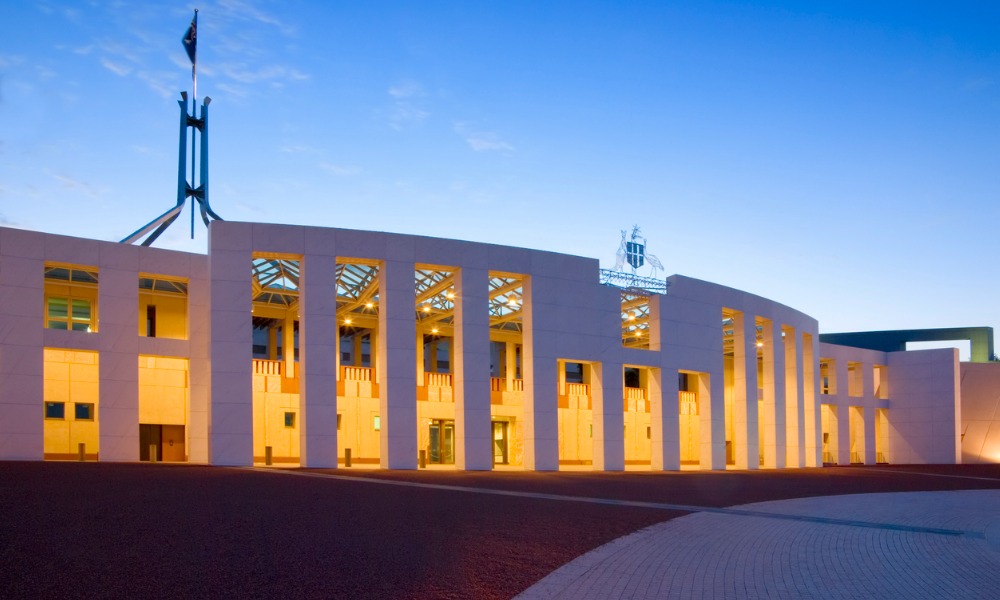
Looking for 'genuine consultation' with authorities because of 'overly complex workplace system'

Employers across Australia are calling for more extensive consultations with government before it introduces a second set of industrial relations (IR) reforms.
"We need to be very clear about the problem we're trying to solve and whether the existing system can fix it," said Jennifer Westacott, Business Council chief executive, in The Australian.
"We won't attract new industries, new opportunities, and better paid jobs with our feet stuck in the cement of an overly complex workplace system that adds friction to supply chains, makes it hard to adapt to change or to do things differently."
It is essential that the government establishes "genuine consultation with employers" before introducing further changes to Australian workplaces, according to Westacott.
The call came as businesses were unable to prevent the government from introducing multi-employer bargaining in the first IR bill.
Now, the government said it is set to introduce a second wave of IR reforms bill that aims to crackdown on exploitation by labour hire firms through a "same job, same pay" policy.
"The enormous complexity of the government's new multiemployer bargaining laws and uncertainty about how they'll work in practice is already a massive disincentive for businesses that want to invest, employ or expand in Australia — we can't afford to make the problem any worse," Westacott said in The Australian.
The Australian Industry Group and the Australian Resources and Energy Employer Association aired similar warnings.
Employment opportunities could be jeopardised and burden the economy if an "ill-though-out" approach is made, according to Ai chief executive Innes Willox.
Describing the same job same pay policy as "Marx-inspired," Australian Resources and Energy Employer Association chief executive Steve Knott said the regulation wants to make labour hire employers, and the companies using them, look bad.
"The campaign slogan focus here has been to perpetuate the myth that well-paid labour hire employees are somehow disadvantaged and seek to give unions a relevance platform with such workers," he said.
But the government has been adamant in introducing the second wave of IR reforms. Employment and Workplace Relations Minister Tony Burke pointed out that employees working at the same site should get the same pay.
"There are legitimate uses for labour hire, particularly when companies need a seasonal or surge workforce," Burke said in The Australian report.
"But some companies are deliberately using cowboy labour hire firms that exploit casual workers in order to undermine job security and undercut wages. They're using a loophole, which the former Liberal and National government refused to close, which is causing a race to the bottom on wages."